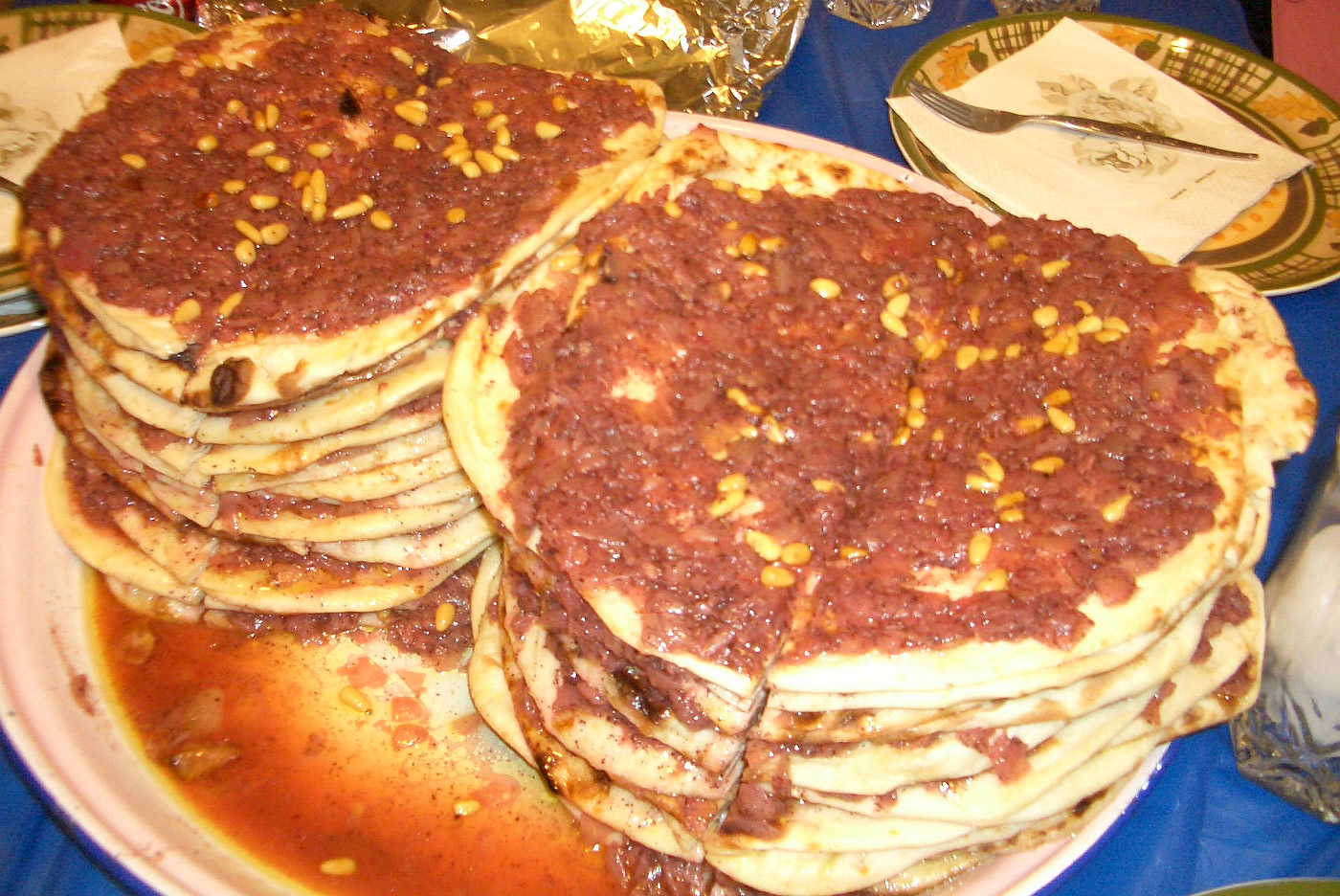Introduction: Palestinian Cuisine
Palestinian cuisine is a fascinating blend of flavors, aromas, and textures that has evolved over time, shaped by the region’s rich history and cultural heritage. Palestinian cuisine is an expression of the land and its people, reflecting the abundance of fresh ingredients that are available and the traditions passed down from generation to generation. The cuisine of Palestine is an integral part of the country’s cultural identity, and its recipes and techniques have been preserved for centuries.
Ottoman Era: Influence on Palestinian Cuisine
During the Ottoman Empire, Palestine was under Turkish rule for four centuries, and this period had a significant impact on the cuisine of Palestine. The Ottomans introduced new ingredients and cooking techniques to the region, such as rice, eggplant, and yogurt, and many of these ingredients became staples of Palestinian cuisine. The Ottomans also brought with them the tradition of cooking food in ceramics, which is still used today in the form of the Palestinian national dish, maqluba.
Palestinian Cuisine: During the British Mandate
During the British Mandate, Palestine’s cuisine was influenced by the British colonial rulers. The British introduced new ingredients, such as tea, sugar, and biscuits, which became part of the Palestinian diet. The British also brought with them the tradition of afternoon tea, which is still practiced in some Palestinian households today. However, the British also restricted access to certain ingredients, such as spices, which were heavily taxed or banned altogether.
Palestinian Cuisine: After the 1948 War
After the 1948 war, Palestinian cuisine faced a significant challenge due to the displacement of millions of Palestinians from their homes. Many Palestinians were forced to flee to neighboring countries, and as a result, Palestinian cuisine began to evolve to reflect the new realities of their lives. Palestinian refugees introduced new dishes, such as falafel, hummus, and tabbouleh, which became popular across the Middle East.
Cultural Heritage: Influence on Palestinian Cuisine
Palestinian cuisine is deeply rooted in the country’s cultural heritage and traditions. Palestinian cuisine reflects the country’s diverse cultural influences, including Arab, Ottoman, and Mediterranean. Palestinian cuisine is characterized by its use of fresh ingredients, such as herbs, spices, vegetables, and grains, which are grown locally and harvested seasonally. Palestinian cuisine is also known for being healthy and nutritious, with many dishes being vegetarian or vegan.
Palestinian Cuisine: Today and Its Significance
Today, Palestinian cuisine is celebrated worldwide for its unique flavors and cultural significance. Palestinian cuisine has become a symbol of Palestinian identity and resistance, as it represents the resilience and perseverance of Palestinian culture in the face of adversity. Palestinian cuisine is also an expression of hospitality, as it is customary to share food with guests and visitors. Palestinian cuisine has become a bridge between different cultures, as it brings people together around a shared love of food and a respect for cultural diversity.

